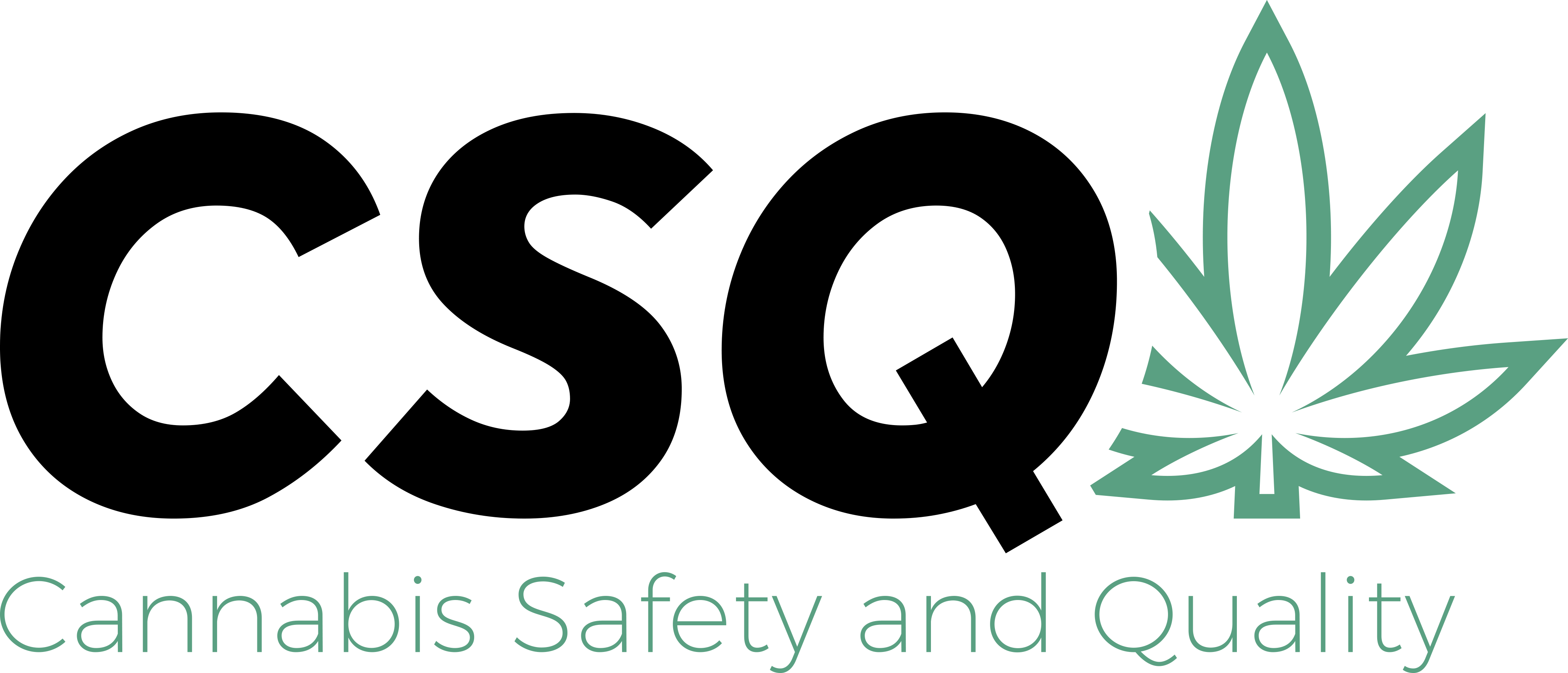Even A Bare Minimum Certification Can Improve Cannabis Business Operations
Cannabis Safety & Quality worked with cultivators, extractors and manufacturers to create stringent standards for cannabis facility certifications. In an initial pilot program in late 2020, 10 facilities were audited; only two passed.
Originally Posted: CEN Cannabis Equipment News
This week, Tyler Williams, founder and chief technology officer of Cannabis Safety & Quality, discusses his work with cultivators, extractors and manufacturers to create stringent standards for cannabis facility certifications.
CSQ launched four new standards in 2020, and the company licenses the use of those standards to accredited certification bodies. Although its long-term goal is standards from seed to sale, CSQ currently offers:
- Growing and Cultivation of Cannabis Plants
- Manufacturing and Extraction of Cannabis Plants
- Manufacturing and Infusion of Cannabis into Food & Beverage Products
- Manufacturing of Cannabis Dietary Supplements
Certification can benefit companies from an operational standpoint, but the primary goal of CSQ is to eliminate recalls, improve product safety and quality, and improve transparency throughout the supply chain. It also leads to improved product consistency, added brand protection and enhanced marketability — compliant companies are placed in a public database which can increase consumer and retailer confidence.
According to Williams, a bare minimum of certifications and standards can help businesses improve transparency and make them more insurable.
Williams started his work in the industry about three years ago, initially as a low-level audit. The program was a hodgepodge of regulations pulled from the pharmaceutical, food and dietary supplement industries, and Williams worked with companies to fill in the gaps. Slowly, it built into multiple stringent audit standards.
Williams has a background in food safety that he is bringing to cannabis. While working for ASI Food Safety, he was a part of more than 3,000 audits with major food and beverage companies.
For the initial pilot program in late 2020, 10 facilities were audited. Only two, Curaleaf-Ravena and One Plant, made the cut.
Williams also works with the National Cannabis Industry Association as part of the policy council to provide guidance on regulations. He says federal action on cannabis is “around the corner,” and companies are pushing toward certification now to get ahead of the regulations that will come with federal recognition.
Right now, state-by-state regulations offer “bare minimum requirements” and many companies are already going beyond them to show that they have top-flight certification.
Next, Williams is working on standards for cosmetics, packaging material, the food service industry, and the retail side of the business. But he stresses that the size of your business doesn’t matter: certification, at least at some level, is beneficial. Even if you don’t want to get certified, you can still follow the standards which are publicly available for best practices.


